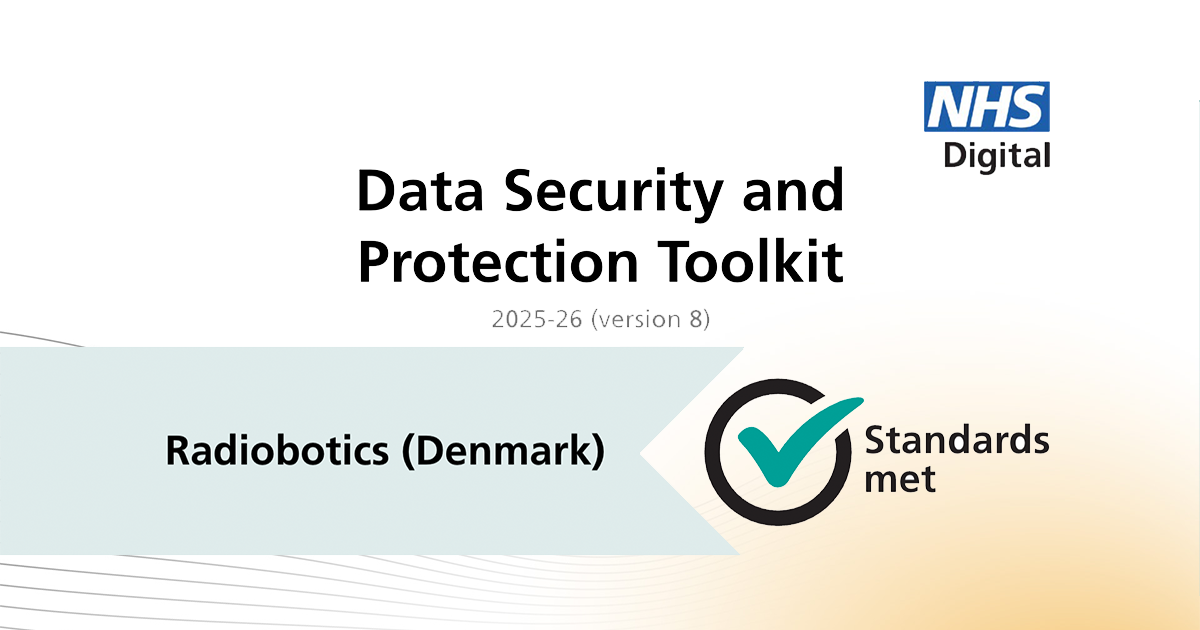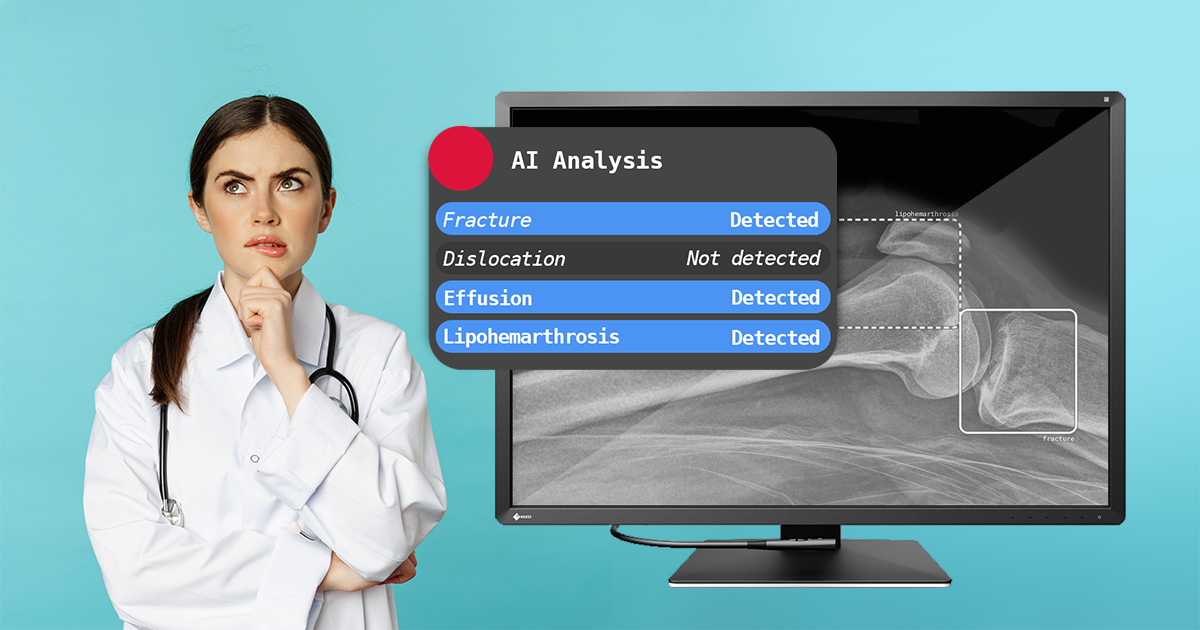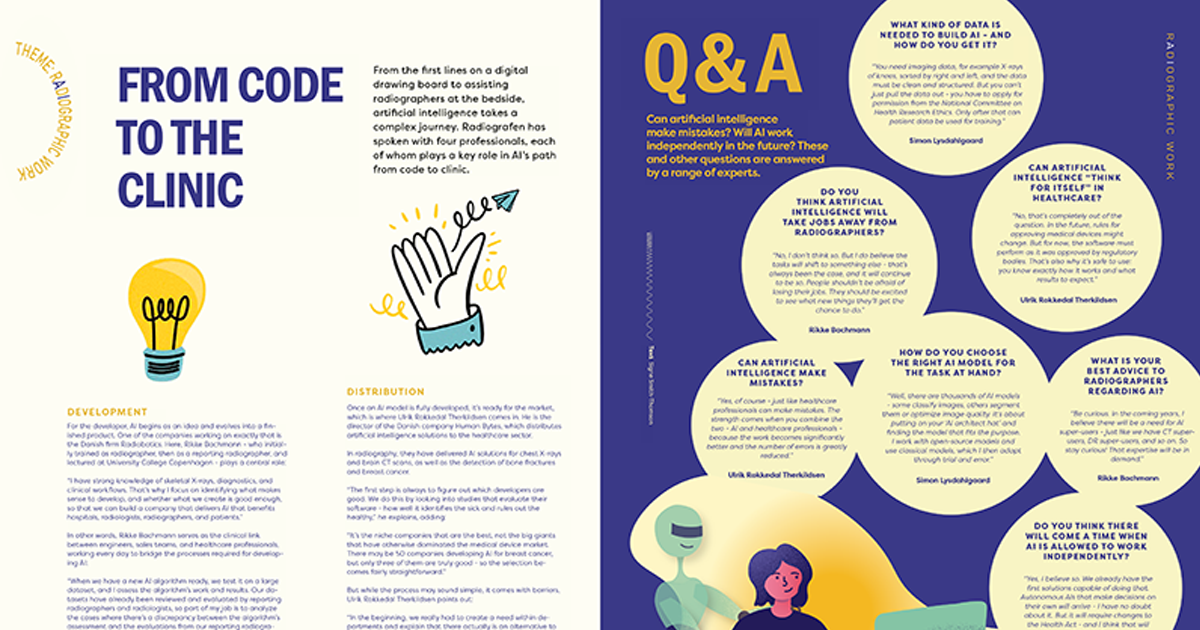AIFI — Collaborating on responsible AI in healthcare
AI solutions in healthcare only become truly valuable when they do what they’re meant to do: support, accelerate, and relieve — without compromising on safety or reliability. That’s exactly why AIFI – AI for Imaging – was launched: A feasibility study that bridges the gap between technological innovation and clinical practice.
Led by VZVZ, the Dutch Society of Radiology (NVvR), and the Dutch Association of Health Insurers, and in collaboration with five hospitals (Catharina Hospital, Gelre Hospitals, Radboud University Medical Center, Rivierenland Hospital, and ZGT), AIFI explores how AI software for medical imaging can be implemented in a safe, scalable, and interoperable way within Dutch hospitals.
For Radiobotics, this project offers a unique opportunity to align technology with existing healthcare infrastructures — with a strong focus on ethics, standardisation, and sustainable upscaling.
Transcript
Dirk van der Lugt
Project Leader, AIFI
VZVZ
AIFI stands for “AI for Imaging,” and it’s a national project that we are doing with five hospitals.
It is a feasibility study, where we explore how we can make AI solutions more accessible to hospitals to help increase the adoption of AI in the Netherlands.
Hanh-Phuc Tran
Radiologist
Ziekenhuis Rivierenland
It is a great collaboration between many organizations, health insurance companies, but also the Dutch Society of Radiology.
So it’s nice to participate in that and to be included in these developments.
As a radiologist and as a doctor, you make a lot of difficult decisions throughout the day. If you’re supported in making those decisions or can gain a bit more certainty, it makes the work more enjoyable. It improves both efficiency and quality.
Dirk van der Lugt
Project Leader, AIFI
VZVZ
We have a technical pillar, we have a clinical pillar, and we have a business case pillar. This means we’re trying to bring this to life from different angles.
These three pillars are especially important, [considering] how are you going to implement this, and how do you ensure it’s properly set up?
Matthijs Hutting
Unit Manager Imaging Technician
Ziekenhuis Rivierenland
Now with AIFI, you can have meaningful discussions among teams, enabling you to make informed decisions, and evaluate what might be the most effective or practical approach in each situation.
With these five hospitals, you can challenge each other, look beyond, and also assess whether what you’re doing is actually right.
Robbert van Drie
Quality Officer Radiology
Ziekenhuis Rivierenland
AIFI works with three applications, of which we have already started with two. This is the “fracture detection” and the “bone age.”
In practice, in our case, it looks like a button on the screen that you can click, and from the menu that opens, you can forward the images.
Hanh-Phuc Tran
Radiologist
Ziekenhuis Rivierenland
Previously, the technician had to wait for the radiologist to provide the findings. And now the technician can asses the images themselves, with the help of AI.
It gives a bit of extra certainty that you have seen everything.
Matthijs Hutting
Unit Manager Imaging Technician
Ziekenhuis Rivierenland
AIFI simply takes away a lot of the work. They arrange the contracts with the suppliers. They take care of the entire legal part. For example, they have completely drafted the DPIA.
Hanh-Phuc Tran
Radiologist
Ziekenhuis Rivierenland
AIFI helped us set everything up, covering all the aspects and challenges you face, and how to deal with them.



